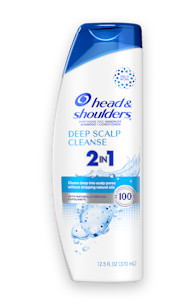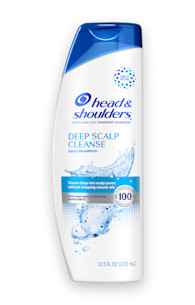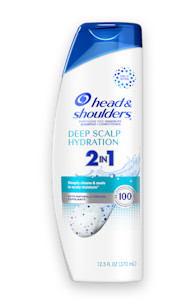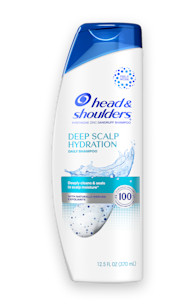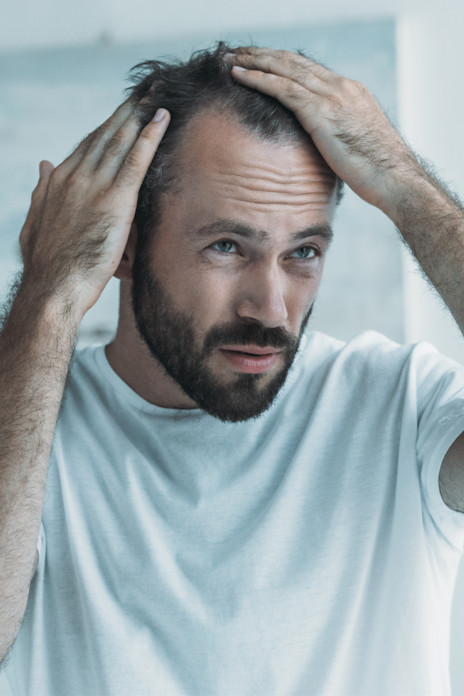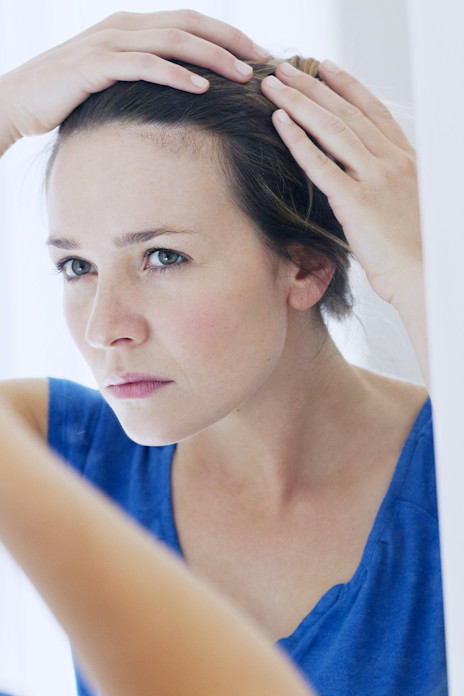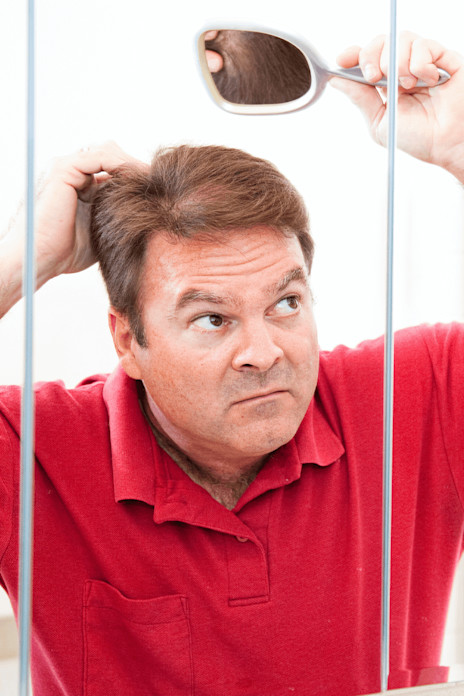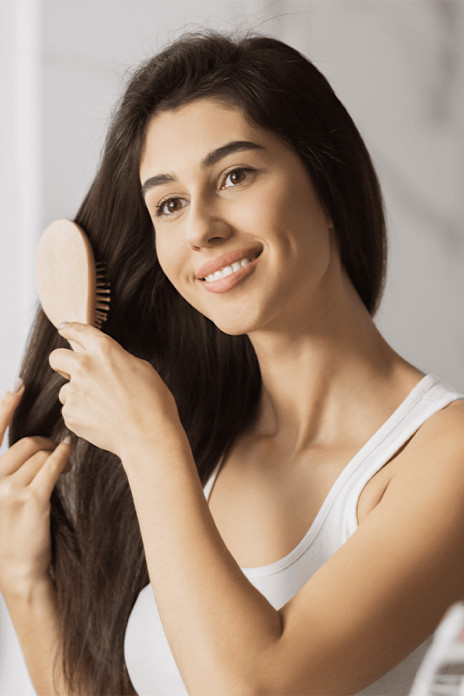WHY IS MY SCALP SO SENSITIVE?

If we all know that healthy hair starts at the roots, what does it mean when your scalp is tender, sore, or itchy all the time? Your hair might look great from the outset, but it may not be as strong or healthy as you’d really like. Spending countless time and money on the wrong products, many people suffer from an irritated or sensitive scalp and struggle to find relief. In order to properly treat your specific symptoms, it’s important to identify what causes your discomfort and scalp sensitivity.
Symptoms of a sensitive scalp
First things first – how do you identify if you have a sensitive scalp? Are you using the wrong products for your hair, or are you just having a single-instance flare-up? The key indicator that you may have a sensitive scalp is consistency. Are your symptoms continual—or do they fade over time? Did the symptoms begin when you introduced a new product to your routine? Did you forget to wear sun protection while outside (don’t forget that your scalp can sunburn!)? Most people with a sensitive scalp will experience symptoms consistently and over longer periods of time. Pinpointing the time and intensity with which you experience symptoms is a good place to begin your investigation.
But what are the symptoms you should look out for? No two cases of sensitive scalp are identical, but you may share some common indicators – like:
Itching
Flakes
Redness of scalp
Bumps
Tenderness (sometimes to the touch)
Dryness
Stinging/burning
These symptoms on their own aren’t necessarily confirmation of a sensitive scalp, but having one or more at a time, for an extended period, may be the sign you’re looking for to identify a sensitive scalp.
What causes a sensitive scalp
As we mentioned, each case of a sensitive scalp can be unique to the individual. This tenderness can be caused by multiple reasons or one reason alone, so keep your experiences in mind when assessing whether or not you may be a sufferer of a sensitive scalp.
Skin disorders
These can include inflammation of the skin caused by psoriasis, dermatitis, rashes, and more.
Infections
These can include a sore or warm-to-the-touch scalp caused by fungal infection or infections of the hair follicle itself.
Climate
These can include an excessively dry scalp caused by prolonged heat sun exposure or cold, dry climates.
Chemical irritation
If you’ve introduced a new product into your routine and experience any of the above symptoms, you may be experiencing a chemical reaction to an active ingredient in those products.
Hormonal changes
Sometimes when women undergo hormonal changes, like pregnancy or menopause, they may experience classic symptoms of an itchy scalp.
More temporary instances
- Sunburn
- Lice
- Excessively tight hairstyles (braids, ponytails, cornrows, wigs, weaves, etc.)
Ways to treat a sensitive scalp
There is no one-size-fits-all cure for a sensitive scalp. For many of the conditions listed above, extra hydration, a change of products, different hairstyles, or even specialty products can help clear up some symptoms. If your condition is of a medical concern, speak to your primary care doctor before beginning any sort of regimen to reduce discomfort. If you’ve switched products and are still experiencing or have worsening scalp sensitivity, consult your physician and immediately stop use of those products.
Products for sensitive scalps
For more topical issues, switching to products with added moisture can help with itchiness or flakiness. Products with less abrasive cleansers or more diluted percentages of active ingredients can also reduce redness and flakes.
Some may even find great relief by switching up their hairstyles more frequently or getting looser braids, sew-ins, or other protective styles. This may help with bumps, redness, and tenderness of the scalp.

